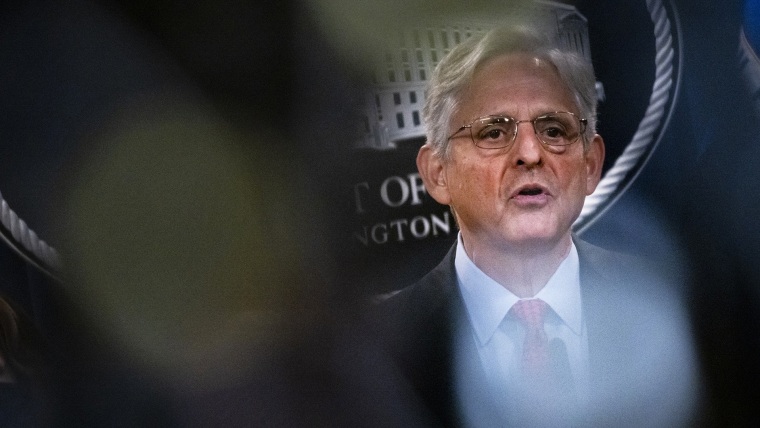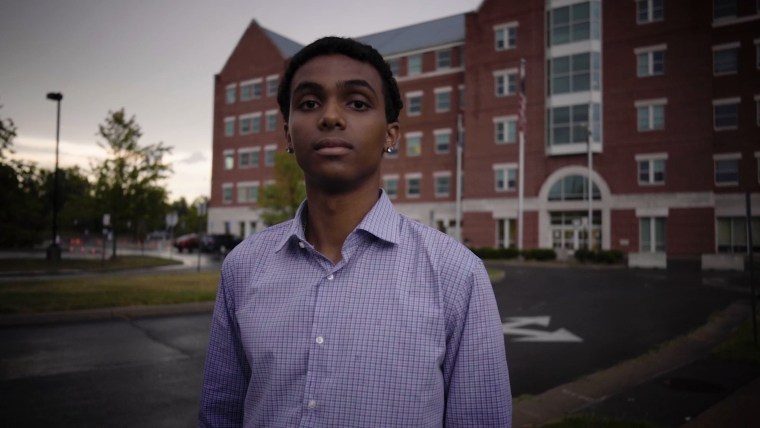Local school board candidates who ranopposing critical race theory and mask mandates in schools won big on Election Day, signaling an abrupt shift in how many of these otherwise nonpartisan races were injected with culture war issues, national politics and financial backing from outside donors.
It’s unclear how many of the hundreds of local school districts — from affluent suburbs in Kansas and Pennsylvania to diversifying communities in Minnesota and Texas — reported successful challenges from newcomers who channeled parents’ frustration and anger at school board meetings into their campaigns. But the political tracking website Ballotpedia identified 88 school districts where race in education, the coronavirus pandemic, and sex education and gender identity in schools stoked candidate activism.
One political action committee, the 1776 Project PAC, based in New York and formed this year against the teaching of critical race theory, raised more than $437,880 in contributions to help support conservative slates of candidates across seven states. The group said Wednesday that candidates it backed were leading or won in 44 of the 58 races, including in school districts in Colorado, New Jersey and Virginia.
“Huge Victories across the country and this is just the beginning,” the 1776 Project PAC tweeted.
A Florida-based organization, Moms for Liberty, with 145 chapters in 32 states, energized mothers to “stand up for parental rights” and go to the polls. On Long Island, New York, members had compared mask mandates to “segregation” and encouraged their children to defy mask protocols.
The group showed support for Republican Glenn Youngkin, the projected winner against Democrat Terry McAuliffe, in the Virginia governor’s race. Youngkin turned the fight against critical race theory — an academic framework centered on systemic racism in American institutions, but is not a fixture in K-12 public schools — into a key campaign issue.
“This movement started in our own backyards, in our school districts and will continue to grow all the way up the ballot,” Tiffany Justice, a co-founder of Moms for Liberty, said in an email. “Parents are going to right this ship and this election was only the beginning. 2022 will be the year of the parent at the ballot box.”
Other contentious school board races saw right-leaning candidates on course to win in Douglas County, Colorado, which had an influx of deep-pocketed donors; in the suburban Houston district of Cypress-Fairbanks, where the Harris County Republican Party made endorsements in the nonpartisan race; and in the Dallas suburb of Southlake, where rancorous debate has centered on the Carroll Independent School District’s proposal to address racism.
Nationwide, school board meetings have grown increasingly tense, prompting Attorney General Merrick Garland last month to direct federal authorities to address threats against school board members and educators at public schools.
The surge in interest appears to have translated into higher turnout at the polls in normally sleepy races. In Johnson County, Kansas, where two of three candidates endorsed by the 1776 Project PAC are projected to win seats on the Blue Valley School District Board, the total Election Day voter turnout is unofficially about 25 percent, up from 17 percent four years ago.
Jason Anderson, who has an 11-year-old son in the Blue Valley School District, said he voted for candidates who were supportive of mask mandates and upholding public school initiatives.
The 1776 Project PAC sent out mailers on behalf of the candidates it endorsed, warning “the left is coming for our kids.” Anderson said he’s concerned about what the influence of outside donors will be in subsequent elections.
“Some of us are busy local parents who may not have the disposable income to donate to campaigns,” he said. “It makes us wonder: What do we really have at a local level to push back at this national funding?”
John Rogers, a professor of education at the School of Education and Information Studies at the University of California, Los Angeles, said the combination of money, messaging and malcontents likely helped the successful candidates cruise to victories.
“It was those three dynamics together,” he said. “The money, and the institutional supports that aligned with that money, mattered. The messaging was quite effective. And the underlying stress and discontent with the fact that conditions have not returned to ‘normal’ led people to want to take action.”
“Clearly there’s a strategic effort to push actions at the school board level,” Rogers added, “and it does seem to have had some success.”
But not everywhere.
In Guilford, Connecticut, a mostly white New Haven suburb of 22,000, voters rejected a Republican school board slate organized to combat critical race theory. The overall Election Day turnout reached 50 percent of voters, according to the Connecticut Mirror, “a stunning number in any municipal election year.”
Voters in the Milwaukee suburb of Mequon denied a recall effort by a conservative slate of candidates attempting to unseat four incumbent members of the Mequon-Thiensville School Board.
Rogers said that despite school board races being largely nonpartisan, school board members were particularly vulnerable to “coordinated, well-organized campaigns” because many of them were not used to the politicization of their roles.
For those new school board members who ran on divisive issues, next comes the real test, he added: overseeing the business of the board while being on the other side of the dais, where they may find themselves on the receiving end of a dissatisfied public.
“If all you bring to your school board is conflict and anger,” Rogers said, “it’s going to be difficult to get the day-to-day done.”
Penny Blue, a member-at-large on the Franklin County School Board in Virginia since 2013, lost her race Tuesday by a wide margin following months of heated debates on Covid-related protocols and critical race theory. Her challenger, Kevin David, ran opposed to Covid restrictions and was promoted by Republicans, according to The Roanoke Times.
Blue, 61, the only Black member of the eight-person board, faced criticism previously when she successfully pushed for a ban of the Confederate flag on clothing from the school dress code in 2019. But this year took its toll, and she believes the governor’s race in Virginia, which turned the state red, spelled doom for candidates like herself.
She blamed a group “running on fictitious issues” and that “so many people voted against their own interests listening to dog whistles, including the voters of Franklin County.”
“I am concerned about our public schools,” she added. “I just hope we’re able to survive these next four years.”
Source: | This article originally belongs to Nbcnews.com











